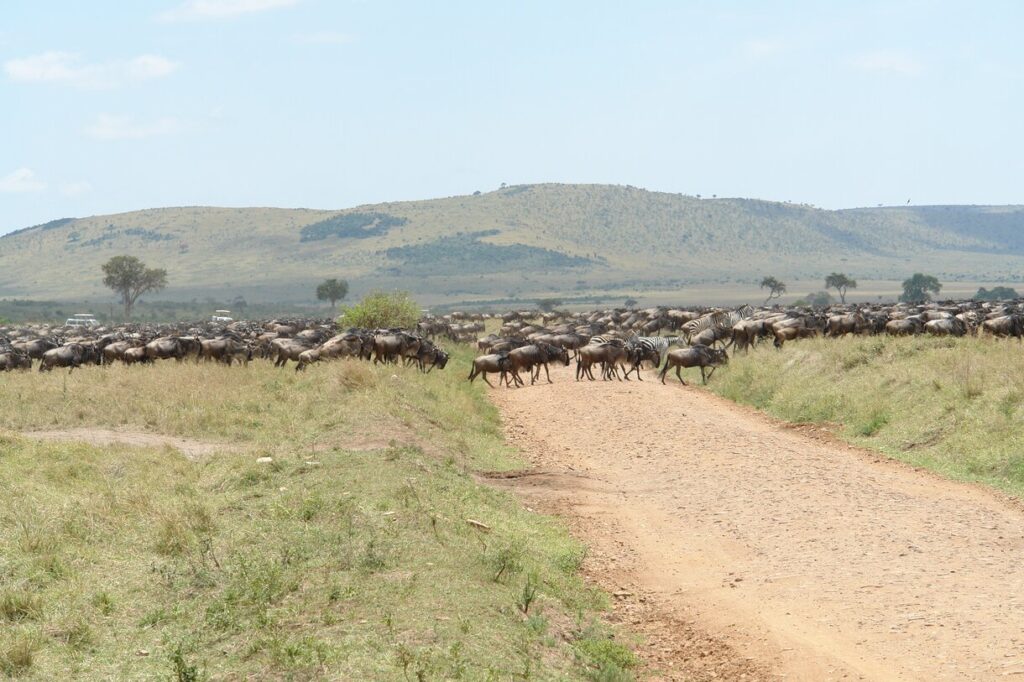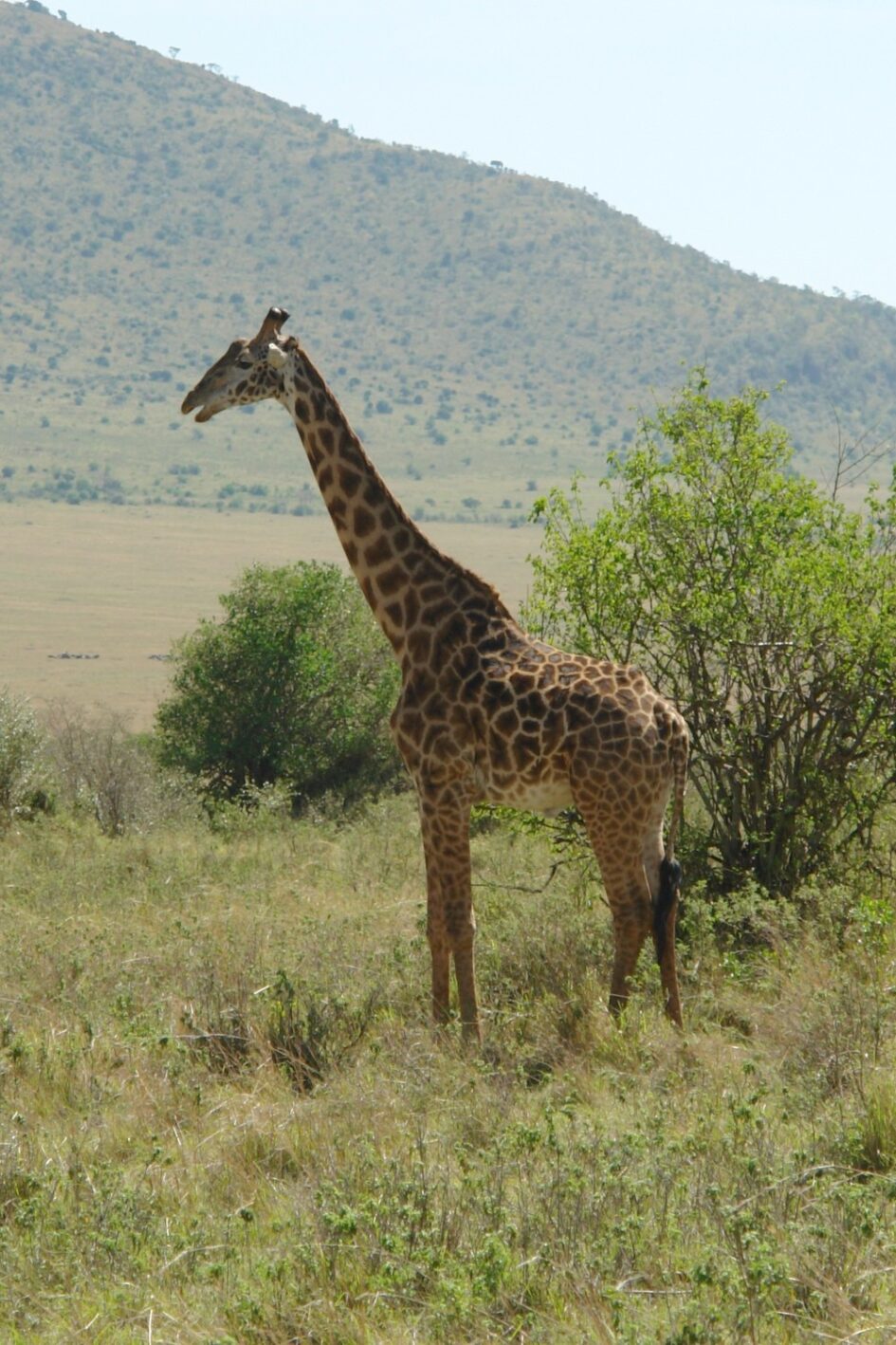ESSENTIAL TIPS: Kenya, Tanzania, Kilimanjaro & Safari Planning
Combining safari, Kilimanjaro trekking, and Zanzibar relaxation is many travelers’ dream. Here are the most important practical tips for planning your ultimate East African adventure.
Visas & Health
- Visas: $50 USD each for Kenya and Tanzania. Fun fact: Tanzania became the first African country to introduce e-visas in 2023.
- Vaccinations: None mandatory, though some airlines require yellow fever certificates for Zanzibar. Recommended: Hepatitis A/B, typhoid, tetanus. Full vaccination package costs ~$150-200. Avoid Lariam (mefloquine) for malaria prevention – severe side effects like insomnia and hallucinations reported. Consider doxycycline or Malarone instead.

Money & Logistics
- Currency: Bring post-2000 series US dollars – older bills may be rejected. Kenya uses Kenyan Shilling (KES), Tanzania uses Tanzanian Shilling (TZS).
- Tour Operators: Avoid Savuka Travel in Kenya – poor organization. Recommended: African Scenic Safaris or Tanzania Adventure.

Great Migration – When to Go?
Twice yearly, over 2.5 million animals (mainly wildebeest and zebra) traverse between Serengeti National Park and Masai Mara. Best time for river crossings is typically September-October, though nature dictates its own schedule – in 2023, peak migration occurred in August.
Did you know? Migration covers 500+ miles, with only ~30% of calves surviving their first journey. Nile crocodiles in the Mara River can reach 20 feet long!
Tipping – Custom or Obligation?
Contrary to some guidebooks, tips aren’t mandatory. Standard rates (if satisfied with service):
- Safari guide: $10-15/day
- Driver: $5-10/day
- Kilimanjaro crew: $15-20/day for entire group

Kilimanjaro Gear Essentials
Africa’s highest peak 5,895 m (19,341 ft) demands proper preparation. Must-have equipment:
- Ankle-support hiking boots (broken in)
- Thermal base layers + fleece
- Waterproof/windproof jacket
- Headlamp + spare batteries
- Sleeping bag rated to 20°F
- Altitude sickness meds (e.g., Diamox)
- 3-4 liters daily water + electrolytes
Fitness prep: Minimum 3 months regular training (running, weighted hikes). Remember – at altitude, slow and steady wins (“pole pole” in Swahili).

Safari Planning Guide
For most travelers, 3-4 days in one park suffices. Top choices:
- Masai Mara (Kenya) – Best for Great Migration
- Serengeti (Tanzania) – Vast plains and lion prides
- Ngorongoro (Tanzania) – World’s largest caldera, easy game viewing
Luxury option: High-end lodges offer unique experiences – from baobab dinners to night safaris. Prices start at $200/night.

Africa’s Big Five
Historically, “Big Five” referred to the most dangerous animals to hunt. Today, they’re every safari-goer’s must-see list:
- African Elephant – Largest land mammal
- Black Rhino – Critically endangered, only ~800 remain in Kenya
- Cape Buffalo – Considered the most dangerous
- Lion – King of savanna, population declined 43% in 20 years
- Leopard – Most elusive, master of camouflage

Zanzibar – Paradise Finale
After safari and mountains, relax on Zanzibar’s best eastern beaches (Paje, Jambiani). Stone Town is a must – this UNESCO site reveals the island’s sultanate history and spice trade legacy. Prices match European cities, but fresh seafood costs pennies!
Remember: East Africa rewards flexibility. Weather, wildlife, and local customs often rewrite plans. Embrace the unexpected – this extraordinary adventure will stay with you forever!

Leave a Reply